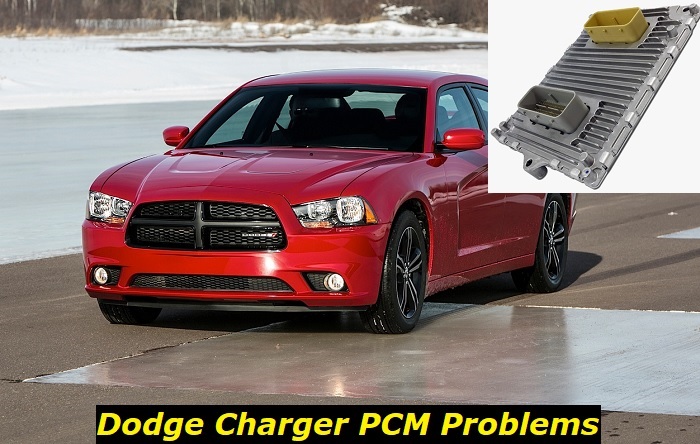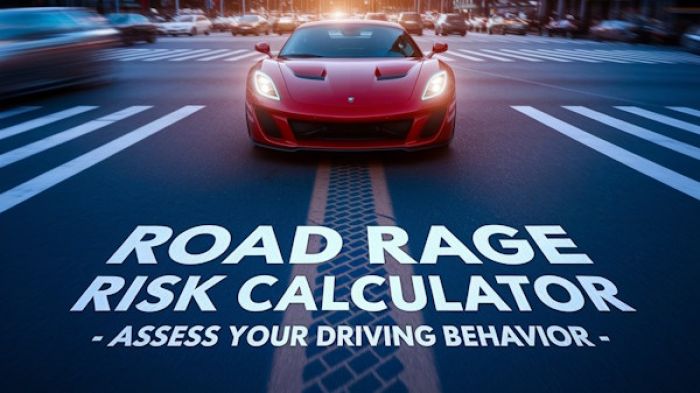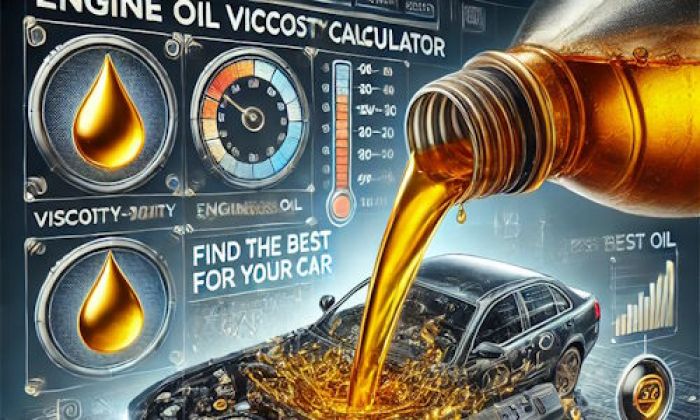Over the years, cars have become more complex than ever. Among the complexities introduced to them can be found in the overall workings of the powertrain control module (PCM) and the components associated with it. The computer embedded in our cars nowadays comes with plenty of benefits because they make the management of its various features more convenient and diagnostics a lot easier, but it can also be a pain to fix if the problem is rooted in it.
PCM problems highlights
- Module's importance:Extremely high
- Prone to failure:Yes
- Reasons for failure:Water, damage, ECM problems, TCM problems
- Ways to reset:Disconnecting, scanner tool diagnostics
- Sphere of control:Powertrain (engine, transmission, AWD systems)
- Symptoms of failing:Powertrain anomalies, powertrain codes
- Price to repair:$180 - $300
- Price to replace:$750 - $1,650

What is the PCM?
Before anything else, let's take a quick rundown of what the PCM does for the benefit of the uninitiated. In general, the PCM is a computer that controls the engine and transmission in your Dodge Charger. It takes information from sensors and processes them to control the fuel injection, ignition, and emissions systems. The PCM also regulates the engine's idle speed and can adjust it based on factors like temperature and load.
The PCM is important because it aids in keeping your car running smoothly and efficiently. The computer box can improve performance by optimizing the air/fuel mixture and timing of the ignition. It can help reduce emissions by controlling the fuel injection system, too.
The PCM is located in the engine bay, usually near the battery. It's a sealed unit that contains sensitive electronic components, so it should only be handled or tinkered with by a qualified technician.
Most Common Problems Linked to the PCM of the Dodge Charger
Many things could go wrong with the PCM of your Dodge Charger depending on how frequently it is driven, the environmental conditions it is exposed to, and its maintenance intervals. Based on long-time owners of the car and mechanics who have years of experience working with it though, here are the most common ones:
1. Self-Diagnostic Cycle Not Completing
If your Dodge Charger's PCM is not completing its self-diagnostic cycle, it could be due to some issues preventing it from doing so. This happens to be the most common complaint among the things listed here, so we recommend paying special attention to the possible solutions for this problem.
First, check all of the connections to the PCM. Make sure that they are all tight and secure. If any of the connections are loose, it could cause the PCM to not function properly.
If you suspect that the wiring is causing the problem, you can use a digital multimeter to test the continuity of the wiring. If any of the wires have no continuity, it could be causing the PCM to not function properly.
Next, check the fuse that supplies power to the PCM. If this fuse is blown, it will need to be replaced. You can easily recognize a blown fuse if it has signs of charring, melted plastic tip, or any other form of damage.
Similarly, you can test it using a digital multimeter. Set the meter to measure resistance, and touch the probes to the two ends of the fuse. If the meter reads zero, the fuse is good. If it reads anything other than zero, the fuse is bad and needs to be replaced.
Any blown fuse will need to be replaced. To do this, remove the old fuse and replace it with a new one. Make sure that the new fuse is the correct amperage for the PCM. However, if the fuse is not blown, but the PCM is still not completing the self-diagnostic cycle, there could be a problem with the PCM itself.
If the PCM is still not completing the self-diagnostic cycle, you can try flashing the PCM to fix any errors. To accomplish this, you will need to remove it from the car and take it to a shop that specializes in flashing PCMs. For your convenience though, we highly advise bringing your auto to the shop where its mechanics or technicians can also check its connections. They will be able to flash the PCM with the latest software and fix any errors that are causing the PCM to not function properly. In some cases, they might decide to do a factory reset for it.
If these steps fail to fix the problem, then you may need to replace the PCM itself. However, this should be done by a qualified mechanic or technician.
One more thing that's worth looking at is whether or not you have just modded your Charger. Sometimes, incompatible or improperly installed mods especially engine tuning parts can trigger all sorts of problems for your car, particularly in its PCM. Therefore, if you strongly believe that they are the culprit, seek the advice of your mechanic right away. In some cases, the mechanic may only have to fix their installation. However, if the parts themselves have been proven to be substandard or not within the recommended specifications, they may have to be uninstalled.
2. Sensor Failures
As mentioned earlier, the PCM is responsible for controlling the engine and transmission of your Dodge Charger. Sensors play a key role in this process as they relay crucial information about things like engine speed and exhaust gas temperature back to the PCM.
If one of these sensors fails, it can send inaccurate information to the PCM, which can then cause all sorts of problems. For example, a faulty engine speed sensor could make the engine stall or run rough. Meanwhile, a defective exhaust gas temperature sensor could cause the transmission to shift erratically or even fail altogether.
Fortunately, there are ways to diagnose these problems using a multimeter and an OBDII scanner. If you suspect that a sensor is to blame for your problem, you can first check its output with a multimeter. If the output is not within the correct range, then that's a good indication that the sensor is faulty.
You can also use an OBDII scanner to check for trouble codes related to sensor failures. If the scanner finds any codes, that's another good indication that a sensor is to blame.
Once you've diagnosed the problem, there are a few possible solutions. If the sensor is simply dirty or damaged, a simple cleaning or replacement might do the job.
3. Electrical Connection Issues
Since the PCM is part of the electrical system of a vehicle, its function heavily relies on its wirings, fuses, and sensors. As indicated in the first few items of this list, if one of them fails, it could affect the way that the different modules gather and process data in the most essential components of your car. Thus, they should always remain in their best condition to ensure their effectiveness and efficiency.
Faulty wirings, damaged sensors, blown fuses, and even a malfunctioning PCM should not be taken lightly. Be sure to get these problems fixed right off the bat to prevent them from affecting the other sensitive parts of your car, avoid accidents, and even eliminate the risk of fire in your vehicle.
4. Hard Starts
A faulty PCM can affect the way your car starts in a couple of ways. It may cause the engine to crank but not start, or it may cause the engine to start but then stall. In either case, a faulty PCM can make it difficult or impossible to get your car started and running.
If your car's engine cranks but won't start, it could be due to a problem with the PCM's crankshaft position sensor. This sensor tells the PCM when the engine is at the top dead center, which is necessary for the PCM to know when to inject fuel into the cylinders. If the crankshaft position sensor isn't working properly, the PCM may not inject fuel at the right time, and the engine won't start.
If your car's engine starts but then stalls, it could be due to a problem with the PCM's ignition timing. The ignition timing controls when the spark plugs fire, and if it's not set correctly, the engine can stall. This can be caused by several things, including a faulty crankshaft position sensor or a problem with the PCM itself.
In either case, a faulty PCM can make it difficult or impossible to get your car started and running. If you're having trouble starting your car, or if it's stalling more than usual, have the PCM checked by a qualified mechanic to see if its software only needs to be repaired or the hardware itself needs to be replaced.
Conclusion
If your Dodge Charger is having problems starting or running, one of the parts worth looking at is its PCM. Symptoms of a failing PCM include engine misfires, stalling, and poor fuel economy. Luckily, these can be fixed in the hands of a qualified mechanic or technician.
About the authors
The CarAraC research team is composed of seasoned auto mechanics and automotive industry professionals, including individuals with advanced degrees and certifications in their field. Our team members boast prestigious credentials, reflecting their extensive knowledge and skills. These qualifications include: IMI: Institute of the Motor Industry, ASE-Certified Master Automobile Technicians; Coventry University, Graduate of MA in Automotive Journalism; Politecnico di Torino, Italy, MS Automotive Engineering; Ss. Cyril and Methodius University in Skopje, Mechanical University in Skopje; TOC Automotive College; DHA Suffa University, Department of Mechanical Engineering






Add comment